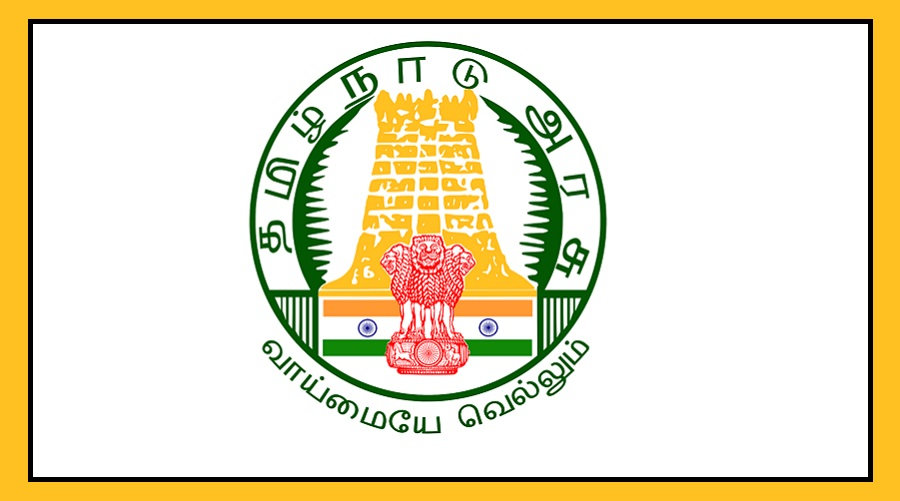The Tamil Nadu government is preparing to introduce a new bill that will ban the use of Hindi on hoardings, signboards, films, and songs across the state.
This move comes amid a long-running debate over Hindi imposition and just months before the 2026 Assembly elections.
The ruling DMK government has repeatedly accused the Centre of pushing Hindi over regional languages.
Senior DMK leader TKS Elangovan said, “We will not do anything against the Constitution. We are against the imposition of Hindi.”
Part of Ongoing Clash Over Language Policy
The announcement marks the latest chapter in Tamil Nadu’s ongoing language row with the Central government, especially over the three-language formula proposed in the National Education Policy (NEP).
Earlier this year, the state government replaced the official Indian rupee symbol ‘₹’ with the Tamil letter ‘ரூ’ in its budget documents — a symbolic move highlighting Tamil linguistic pride.
Chief Minister M K Stalin has made it clear that his government is not opposed to Hindi as a language, but only to its “imposition”.
He has said that forcing Hindi on Tamils is an insult to their self-respect and identity.
Tamil Nadu’s Stand on NEP and Language Freedom
The dispute intensified in early 2025 after the state opposed the Centre’s NEP 2020, alleging that it was a backdoor attempt to promote Hindi in schools.
The DMK government also accused the Centre of withholding ₹2,150 crore meant for Tamil Nadu as punishment for not implementing the policy.
The three-language formula was originally meant to allow flexibility — states and students could choose any Indian languages, provided two were native.
However, Tamil Nadu leaders argue that the policy gives undue prominence to Hindi, threatening the state’s linguistic autonomy.
Since Independence, language policy debates have continued.
The Radhakrishnan Commission (1948-49) first proposed the three-language system, later included in the 1968 National Education Policy and continued in NEP 2020.
Both DMK and AIADMK have strongly opposed Hindi imposition and continue to defend Tamil language rights as central to the state’s cultural identity.

























